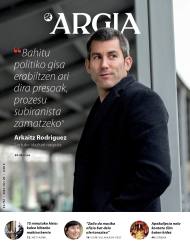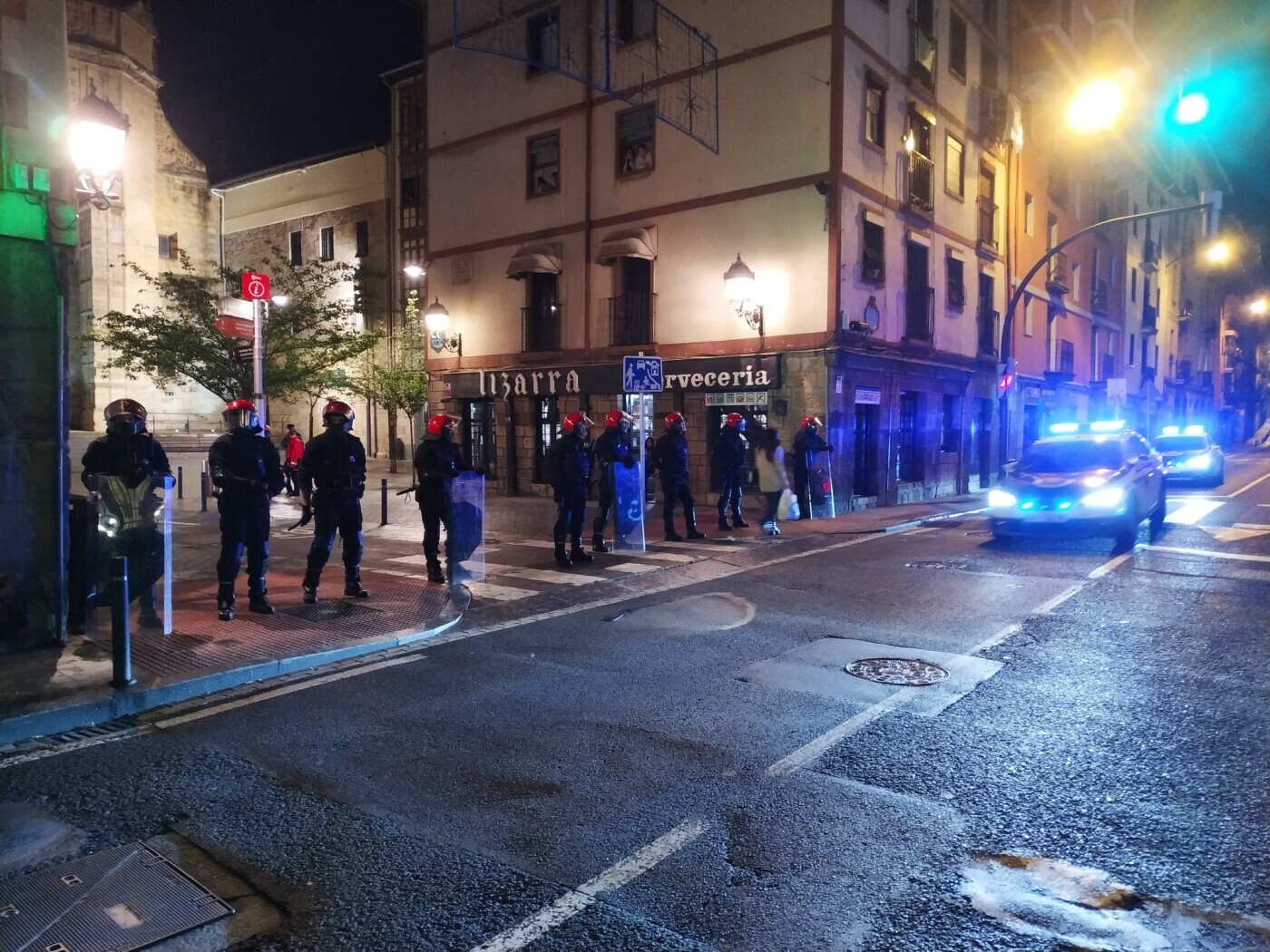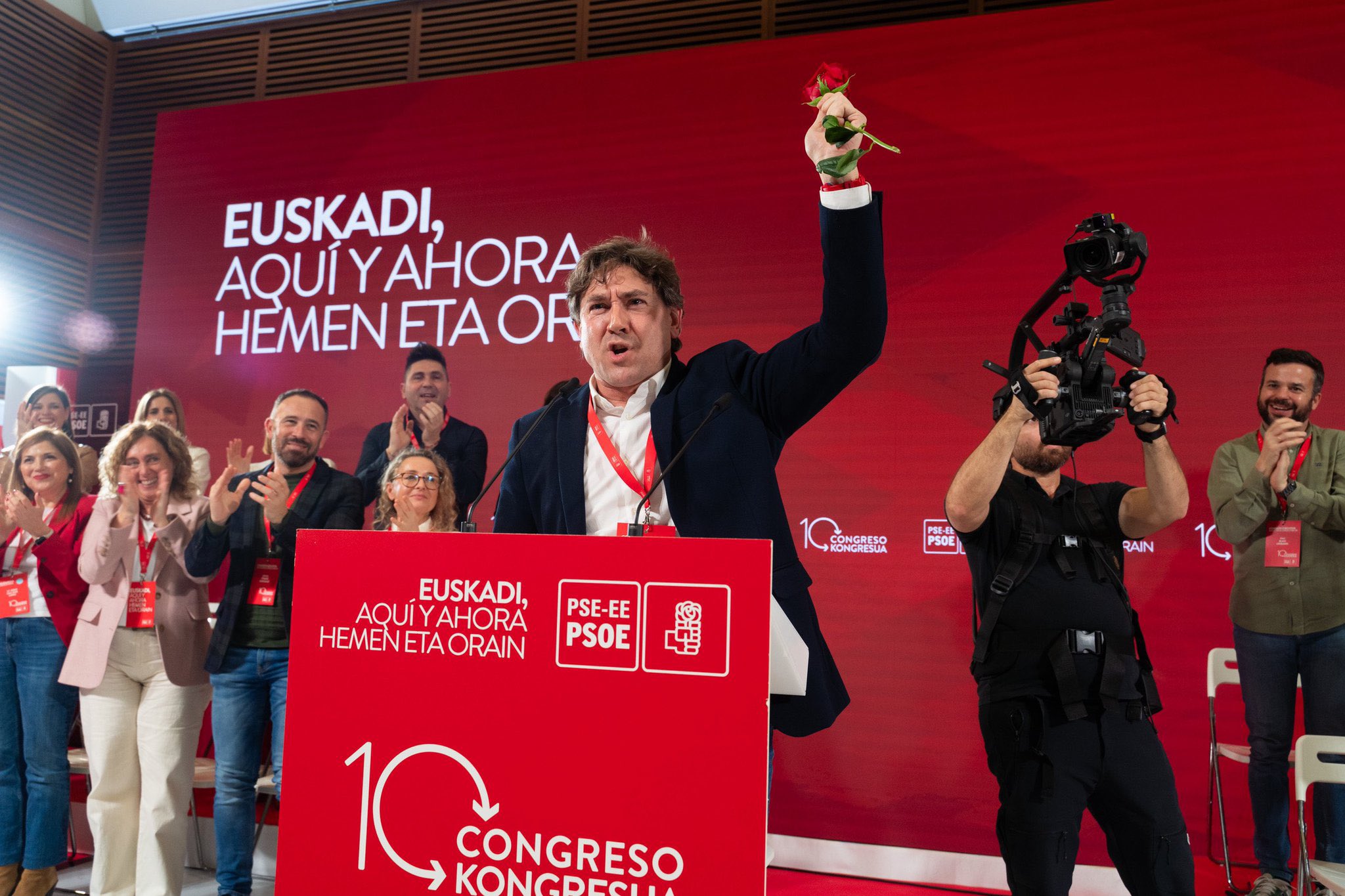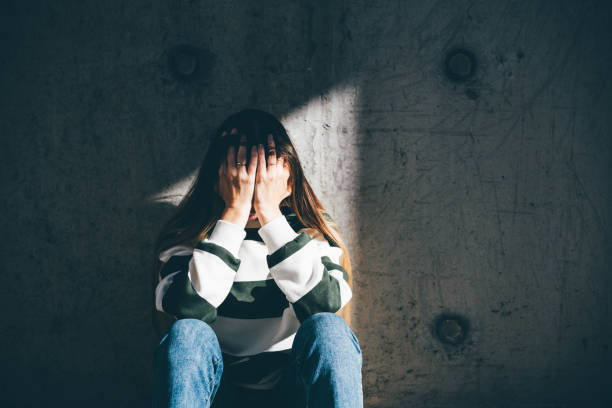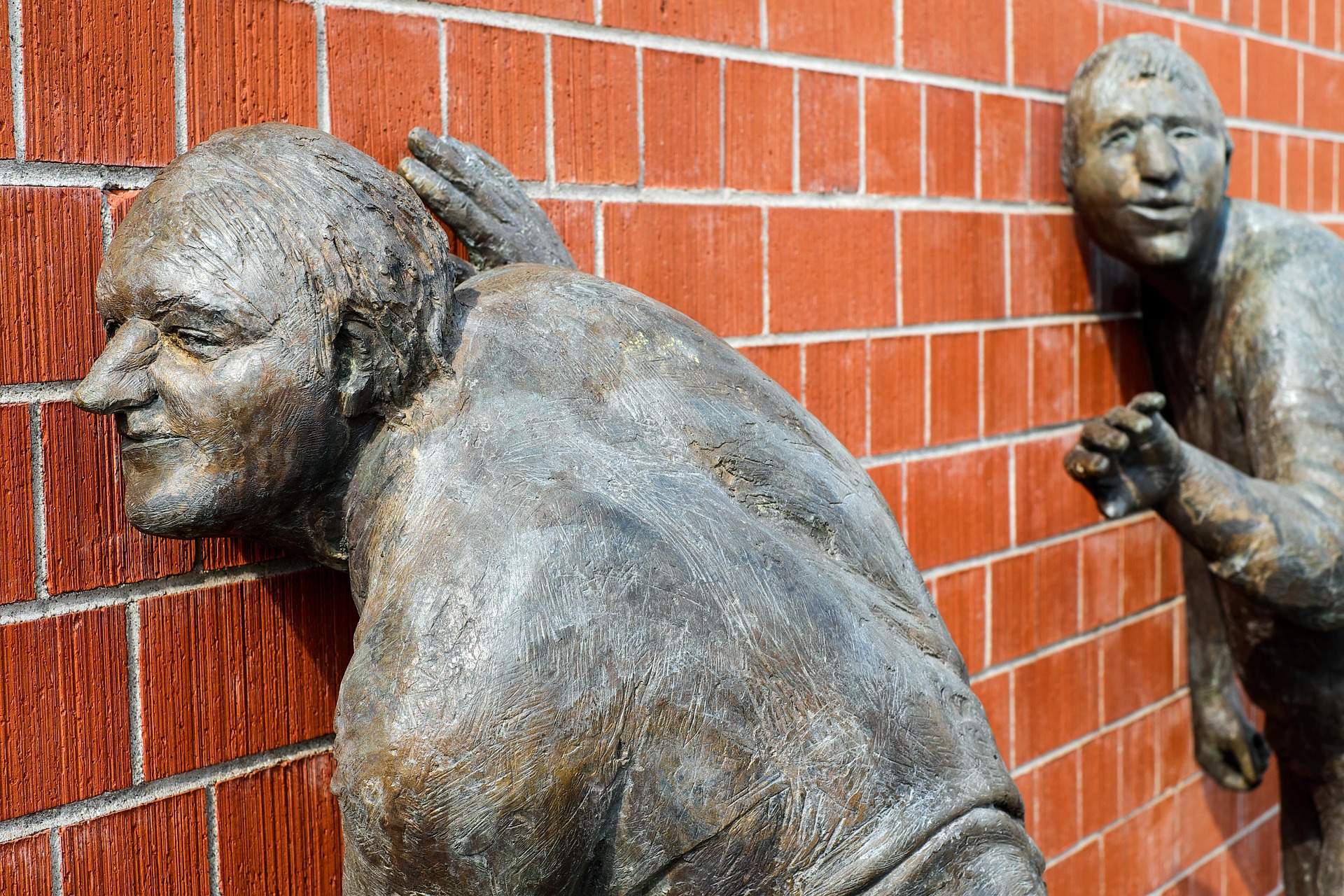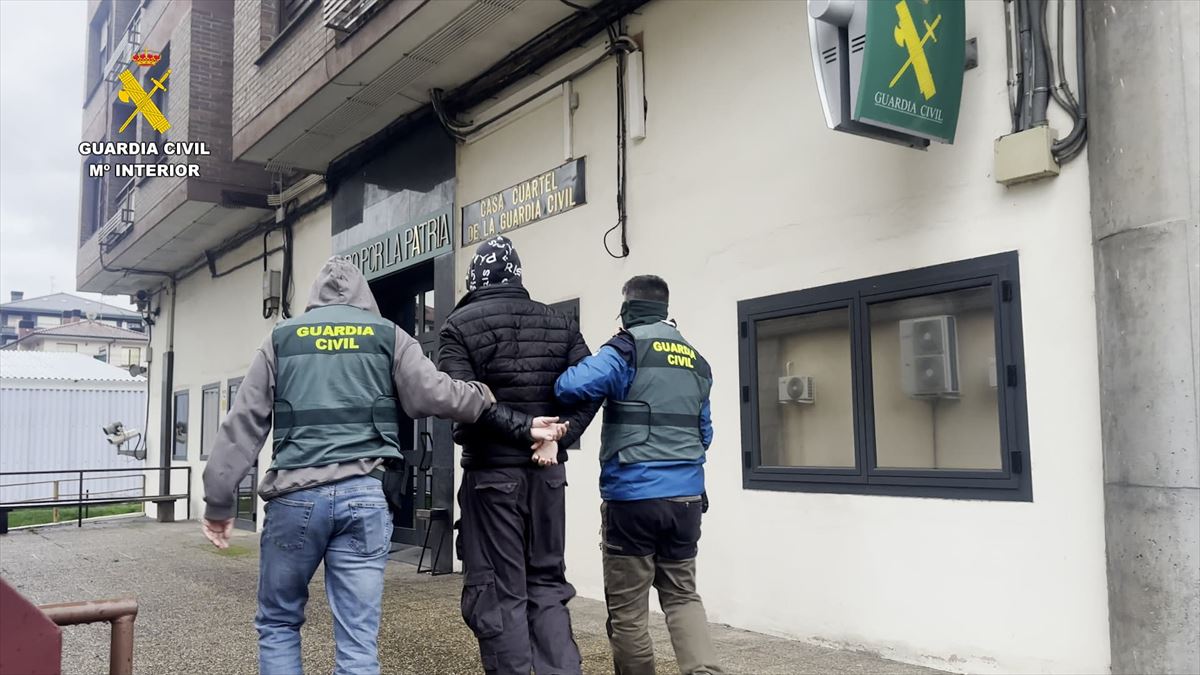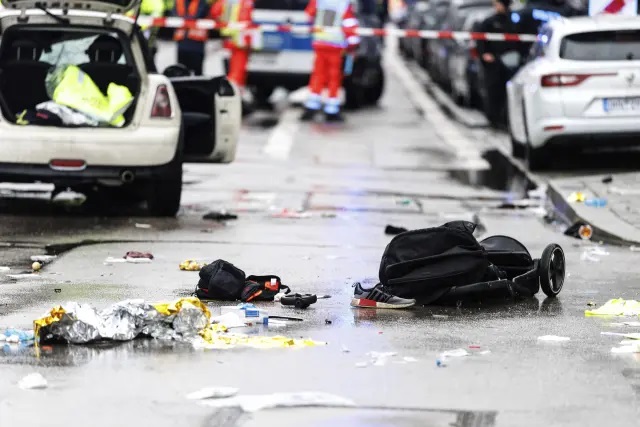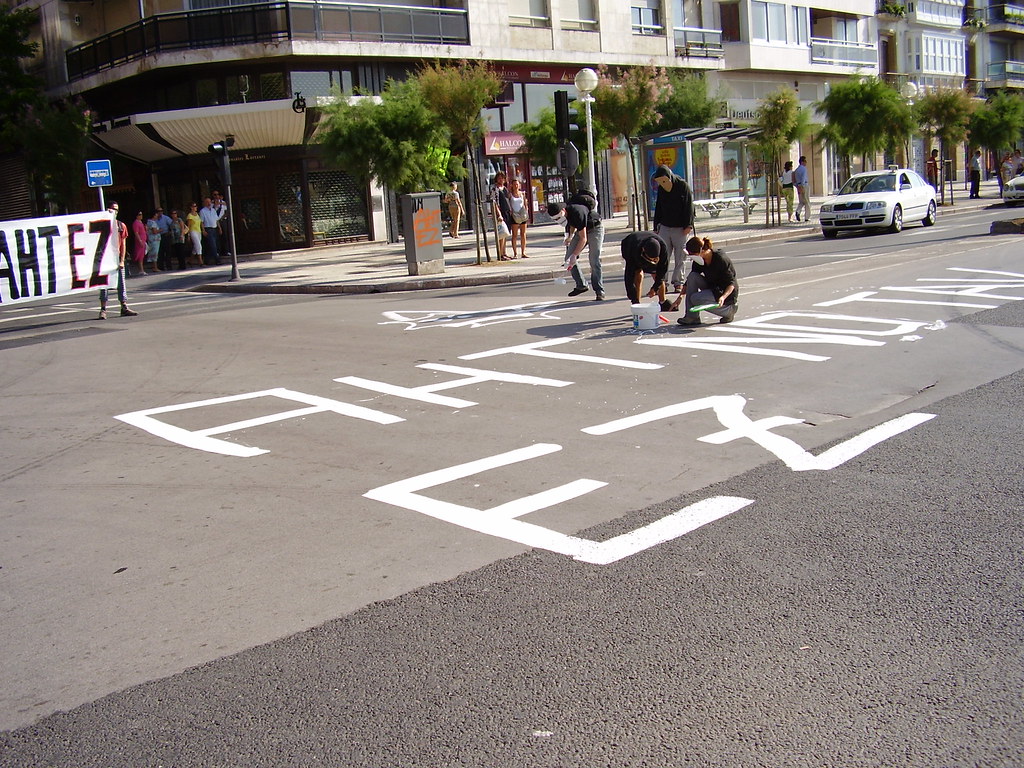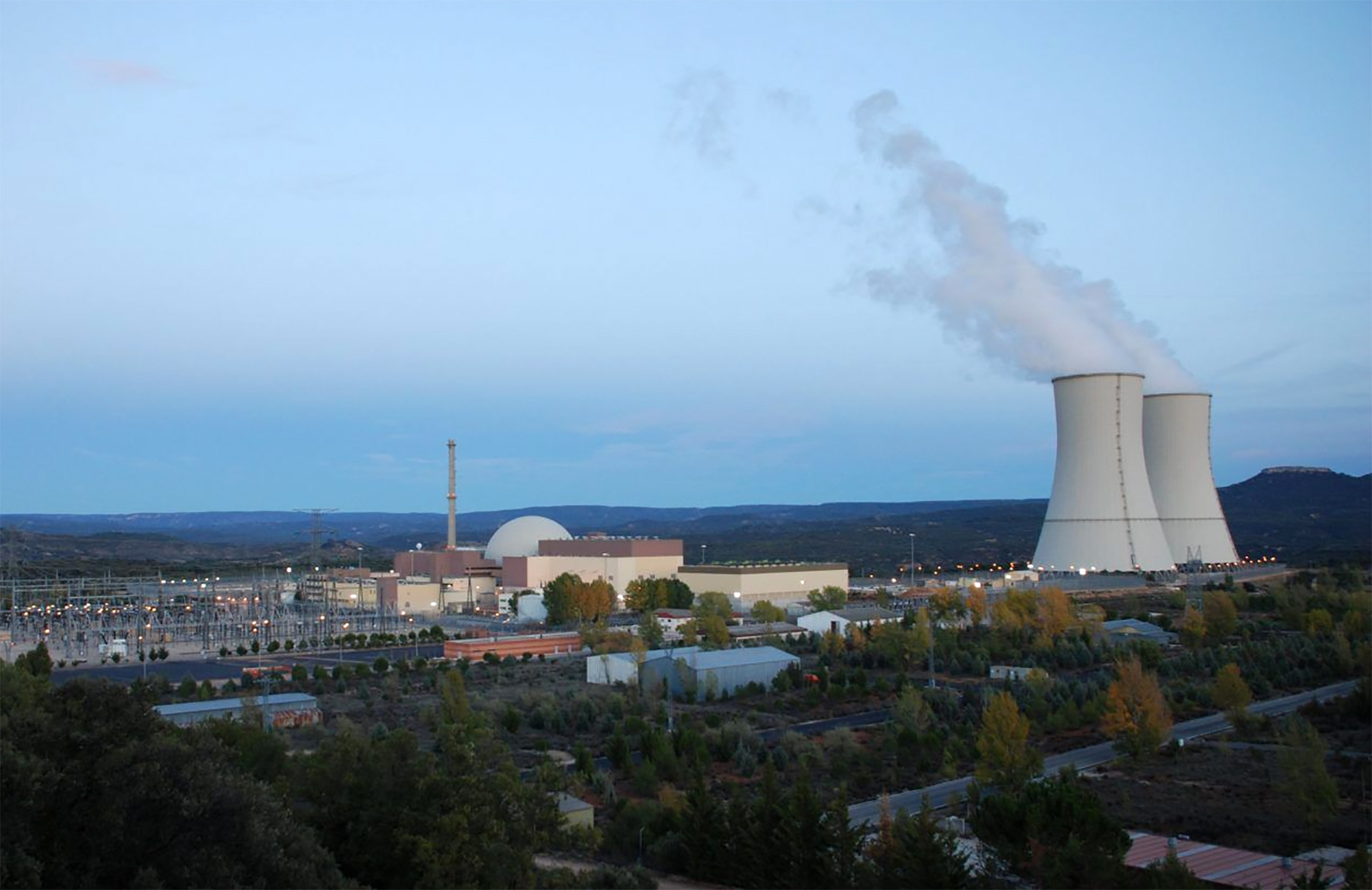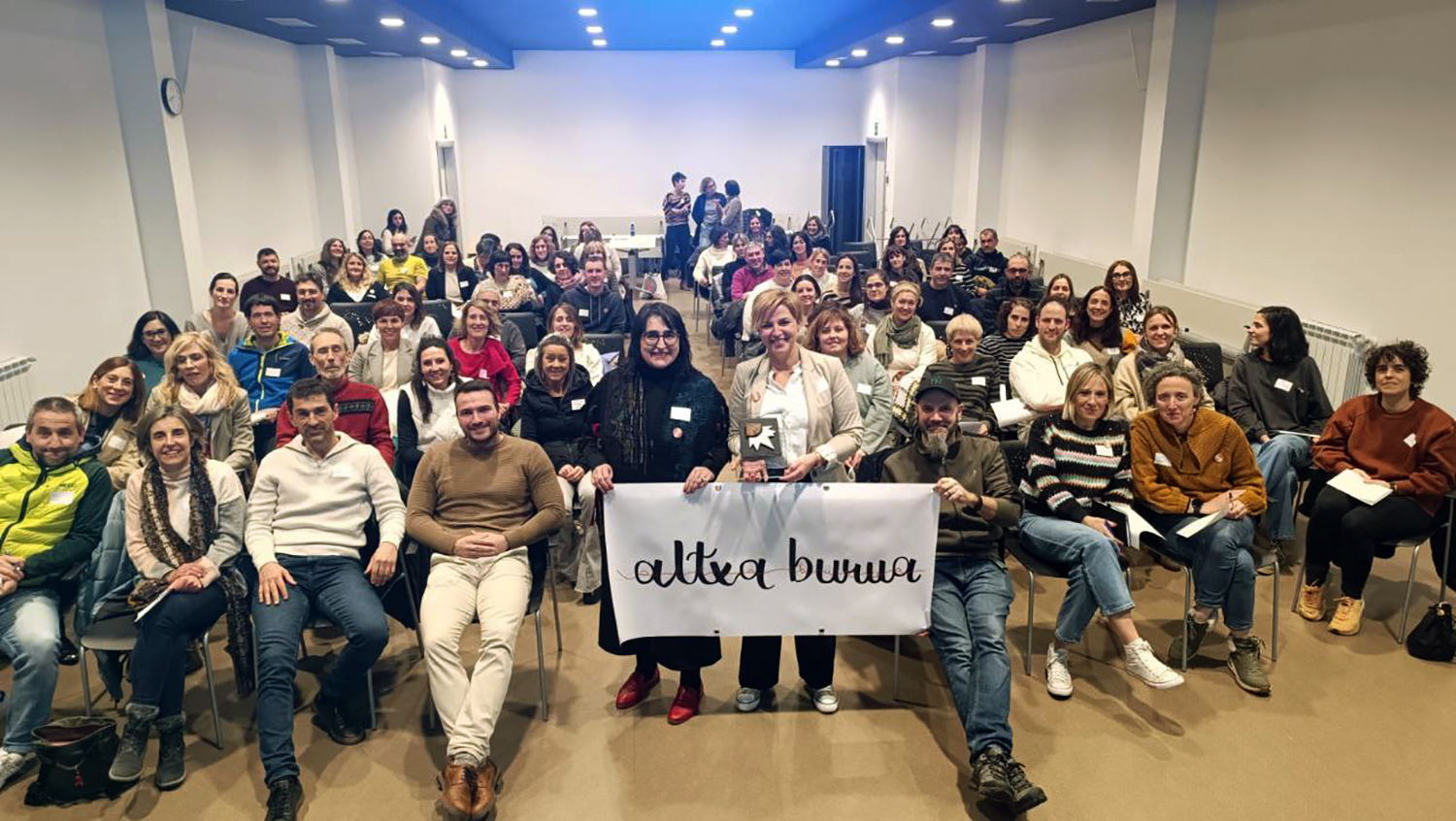"Peace continues to have powerful enemies."
- We met with Arkaitz Rodríguez (Altza 1979) after the end of the political congress and ratifying the militancies in the post of Secretary-General of Sortu. On the basis of the ideas contained in the Herrigaia political report, which was adopted with 71% of the votes, we have talked with her about the political situation.
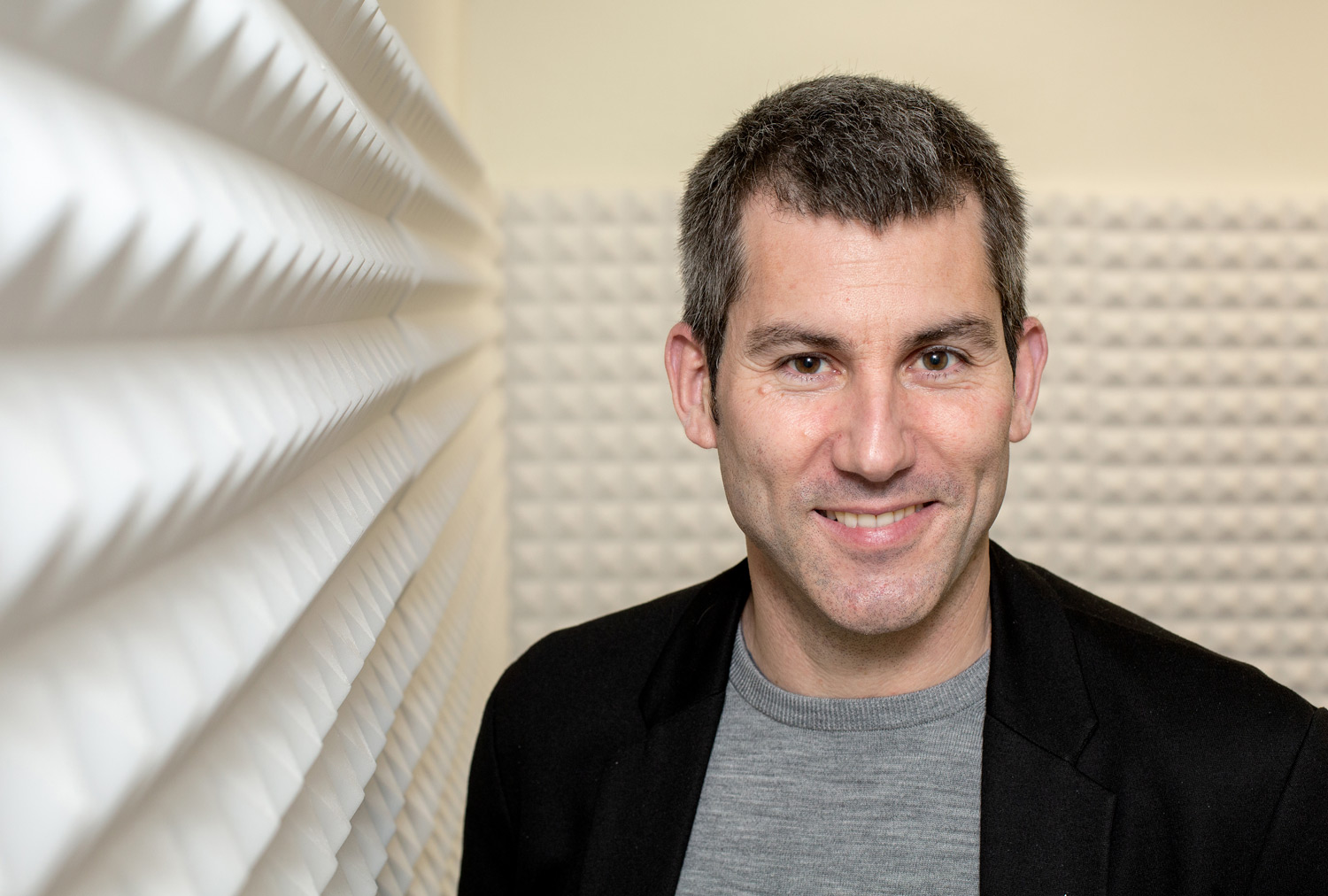
How did the congress go?
Well, we're happy. We have sharpened the political line, we have made adaptations to the organisational model and we have renewed the direction. We went out to win the game, to compete power, both on the street and in the institutions. We were not born to make self-referential discourses, or to be always contraband. We were born to win, to empower and build the independent Basque Republic, socialist, feminist, Basque and ecologist.
Of the 7,936 persons entitled to participate, 47.4 per cent had been abstained. What reading do you do?
Participation has been important: 4.164. Like in Zohardia, Start-up or Oldartzen. That is to say, in the face of the main debates of the Abertzale left.
You have chosen a new direction. The group has a mean age of 40 years, the youngest 25, the older 61. How's the generation change going?
For a transformative movement, it is essential not to break the intergenerational chain. It's supported by ours. We have a very young direction, which shows that this organisation has a great capacity for reproduction.
"[If generated internal currents are accepted] in the debate there were predetermined positions in front of ideas"
The Linking to the Earth paper, proposed as an amendment to the totality of your work in recent years, received about 1,000 votes (22 per cent). Did you see the disenchantment of part of the militancy?
In any organization, the plurality of opinions is normal, in Sortu too. We don't all think the same. In this Congress it has been an amendment to the whole, it has been a deep and rich debate, with a very clear result: 71% have opted for the Herrigaia report. For example, the same percentage as Oldartzen and higher than that which occurred against the partial Start-up amendments. From there, if the Abertzale left has been able to bring this country alive to this point, because its body has always been very aware of the golden rule of collective functioning: it can be debated above all on the Abertzale left, we do it sometimes brutally, but once we make a collective decision, as in this case, we all adhere to that decision.
You have closed by a majority the possibility of organising political or ordinary spaces at internal level. Have you seen that the unity of the party could be put at risk?
Yes. We have understood that it would be contrary to debate and internal cohesion. That it would generate fractionated loyalties and that from now on, in the debate, rather than ideas, predetermined positions and loyalties would be put in place. The Body has taken a clear decision against it.

In his interview in the Berria newspaper he said that “left-wing Subianism today has the greatest support in history, both on the street and in the institutions.” Also on the street? Don't they perceive shelves?
The last five years have seen the most important mobilizations of the last decades. With the help of the feminist movement, the pensioners, the labour movement, the young people in the case of Altsasu, the human chain of Ence Esku Dago in favour of the right to decide, in Bilbao and Baiona every year, the rights of the prisoners and, in short, the tens of thousands of people who come together for the freedom of the prisoners, the movement for the right to housing in the Basque country.
“Sortu’s fundamental role is to promote and organise the country process necessary for the creation of the Basque Republic,” you say in the political presentation. Do you want to walk towards a democratic clash with the state?
There must be a large majority, a historical Soiranist and progressive bloc carrying out a sovereign project. In order to do so, we must oblige the States to recognize our right to self-determination or to create the conditions and power relations sufficient for the path of the Basque Republican to be made unilaterally.
In Catalonia they have put it that way.
Yes. In view of this, it is possible that the Spanish State will never recognize our right to self-determination, even if we do not close the way to that possibility. We do not dare to say that this is not going to happen, because at a certain point the state can only assess that it has a single way of preventing a safe secession. In either case, in both cases, the way forward is the same: accumulating more force every day.
"Regardless of whether or not the Spanish State recognizes the right to self-determination, the way forward is the same: to accumulate more strength every day"
What is the inspiration of the Catalan movement?
We have drawn three great lessons from Catalonia: the first, that it is possible to build an independent social majority, which will finally be projected in electoral and institutional terms, and which will put the institutions to the benefit of the process of recovering sovereignty. Secondly, we have seen that unilaterality has its own limitations, especially when it is matched by the Spanish State, and not by Britain or by Canada. And the third is that the will and a social majority are essential, but not sufficient; a viable strategy, a workable plan is needed. And, therefore, we also need as broad a majority as possible, maximum international protection and state structures, so that the unilateral leap to be made sooner or later is minimal.
How do you see the Catalan landscape?
The process is impasse, mainly because of the undemocratic and imposing character of the Spanish State. In particular, for its repression of Catalan independence since 2017, but against the Catalan people in general. Nor does the current fragmentation of independence contribute. And here's another lesson: without unity, you can't move forward. It is imperative that the independence forces agree on a roadmap.

“Sortu will work to articulate the transformative independence subject,” they say. What do you mean?
That Sortu will work in the articulation of the aforementioned historical bloc. We are independentists, but we are also socialists. That is, our goal is to build independence and another model of society. On the other hand, we believe that independence will hardly win the support of a social majority if it does not put the welfare of that majority at the centre. In other words, the new State must bring about a fairer model of society. That's why we talk about the transformative independence subject, or, if you prefer, the progressive sovereign historical bloc.
You will regard the Feminist Plan as a political mission. What does it consist of?
It is not a new reflection, but in this Congress we have strengthened our commitment. No isolated island of society has been created. We are part of society and in that sense the same contradictions cross us. We too have a long way to go in relation to the feministisation of our organization. To do this, the Feminist Plan is a work tool, it is a roadmap, anticipating a large amount of resources. Training has a special relevance, the empowerment of women, the protocol against male assault, and within this approach we locate the promotion of feministization of Sortu praxis both internally and externally.
How do you read this unbridled period of pandemic that we are living?
Pandemic accelerates everything. There is increasing evidence that we are at a time change. At the end of a complete cycle within the development of capitalism and at the gates of a news item that would be characterizing at this moment, at a historical crossroads. The motto that Rosa Luxembourg presented is the most topical of all times: socialism or barbarism. We need a new socialist civilization that puts life and care at the center, because neoliberal capitalism brings the planet to collapse. In this situation there are great risks, but also great opportunities for those of us who aspire to the liberation of peoples and to social transformation. The outcome of this battle is not written, in part, because it depends on what we do. By definition, everything is possible. It is not a time for withdrawal, but for competition in all areas and for firm progress on the road to the Basque republic.
"Seeking a global and strategic agreement with the PNV was a mortgage"
“Being in the hope of others generates only a dependence on some actors,” you say talking about the PNV and ELA. Was Maltzaga’s metaphor, the union of nationalists, an obstacle to moving towards the Abertzale left?
Yes, partly yes. We understood the policy of alliances on the basis of a global and strategic agreement with the PNV, and it was a mortgage. Our commitment now is to base the policy of alliances on very diverse agreements, collaborations or collaborations. Left-wing sovereigns should be able to reach multiple agreements, large or small, strategic or tactical, general or partial, always under the same criteria: agreements should serve to contribute to improve the working and living conditions of the social majorities, strengthen the project of leftist sovereigns, increase their centrality and centrality, and improve the relationship of strength between this country and the states.
How do you see the PNV led by Andoni Ortuzar?
Lost the north, without plans, passions, leaderships and human capitals to live from incomes and face the colossal challenges we have above us. The situation requires new leadership, which can only come from the hand of left-wing sovereigns, because those who bring us here are unlikely to take us elsewhere.
PNV lost north? I think they are quite clear about what they are doing...
Your project is out of time, managing it and giving it continuity. We have already seen where the social and economic model we have had so far leads us, what the outcome is. In order to meet the challenges I have referred to – intergenerational, strategic and considered civilising – a major transformation is needed, because if we do not change course, we will lose ourselves. The current system is bringing the planet and life to collapse. In that sense, I would say that the PNV is neither for modification nor has a project.

In the debate on the new status, will you accept that the right to decide is legally enshrined?
Almost four years ago the PNV signed an agreement with us that clearly contained the institutionalization of the right to decide. Several members of the PNV, such as Joseba Egibar, have said this, without institutionalizing the right to decide, and therefore without institutionalizing a model of equal relationship with the Spanish State, which cannot speak of the new political status.
"Without the institutionalization of the right to decide, one cannot speak of the new political status"
“As the conditions for secession are created, to make that same leap, we see the process of sovereignty as a process of developing the necessary tools in strategic sectors such as telecommunications, energy, finance…”, they say. In Catalonia, among other things, they have also reached that conclusion.
That is the way it is and that is where we are. One of the pillars of the sovereign process is the creation of state structures.
What more keys do you see to the independence process?
In addition to the above, three more. On the one hand, the articulation of forces with Catalonia and the other stateless nations. Secondly, sovereign institutionalisation. Left-wing arrogance must be committed to managing as many institutions as possible, even the highest ones, because it must constantly demonstrate that when it is governed, the working and living conditions of the majority are improved. Finally, to promote a cycle of popular impulse or mobilization that favours social change and sovereignty, as is the case of the agents who fight at hand in the street through the response to multiple crises.
They say that forces must be built up and articulated. New actors have emerged on your left, such as the GKS or the socialist movement. How do you live their birth?
Its starting point is the denial of the historical hypothesis of the Abertzale left. That is, the class struggle takes the form of the national liberation struggle in the Basque Country. Look, we are clear that class struggle, social transformation, feminist struggle, anti-racist struggle, ecologist and so on go through national liberation. They go through the acquisition of our sovereignty and the construction of a State of its own. It is clear to us that on this road we must build an independent social majority and commit ourselves to the broadest and most cross-cutting agreements possible. And it is clear to us that this path cannot be made in one step and that intermediate stops will be needed. The liberation and social emancipation of this people will only come along that path.
You reproach them that you are, among others, a reformist party with a revolutionary speech or emptying out of content that quote from Rosa Luxembourg that you used earlier. Are you going to criticize you on the left so that you can move to the left?
In the 60 years of the national liberation movement, we have met eleven groups that have had these kinds of speeches and approaches and that have criticized us. Those who say that they were on our left and that in time we have seen them pass by the right and even by the very right. Yet, 60 years later, the Abertzale left is still here. These groups don't.

They entered the block of the investiture of the central government in Spanish politics. “We have to seize the opportunity that still persists and start the return home of Basque prisoners, refugees and deportees to make the steps definitive and irreversible,” they say. Do you fear the scenario that would be created with respect to the prisoners if they arrived at Moncloa PP and/or Vox?
Yes. It would be harmful and dangerous, but not only for the issue of prisoners, for the working and living conditions of the social majorities or for the interests of that country. Also from a democratic point of view. We must therefore try to avoid this scenario. And at the same time, just in case, prepare for that scenario, because it could be done.
Is it compatible to have an impact on prison policy in the Government of Spain and to work on the implementation of an independence wave that clashes with the State?
Yes. Moreover, channelling the issue of prisoners would help to strengthen the project of leftist sovereignty. It would enable him to put all his strength into that task.
"Prisoners are being used as political hostages to carry the sovereign process"
But that too is known to the state.
Yes. The priority is that of prisoners, because coexistence and peace cannot be built in this country with hundreds of political prisoners and refugees, and at the same time states are using prisoners to charge and heal the sovereign process as political hostages.
In this sense, does the Abertzale left have hands connected to the issue of prisoners?
No. The repatriation of prisoners is a priority, but we do not fight because there are prisoners, because we fight.
The independence left proclaimed that there should be no winner and defeated when ETA abandoned the armed struggle. Ten years later, does the Spanish Government not de facto play as a victor? Among other things, they also want to repeat their case Bateragune...
A winner would not act like this. Being judging Iratxe Sorzabal, wanting to open new pleas to specific ethnic groups, judging Galder [Barbado] and Aitor [Zelaia], repeating Bateragune... are many examples. This shows that in the State peace still has powerful enemies. There are sectors that have made efforts and two to prevent a scenario of peace and democracy, but they have not succeeded and they will not succeed.

They said it in the Aiete Declaration of 18 October: “We do our [victims] pain and from that sincere feeling we affirm that that should never happen.” Is it to be understood as a renunciation of the past?
No. The declaration of 18 October is not an initiative aimed at the past, but at a future of peace and coexistence.
They are reaching agreements with the PSOE in Navarre and the State, and they say that at the level of the CAV they do not rule out government agreements with them. Do you see the PSE wanting to get out of the pact with the PNV?
Today, apparently, no. Tomorrow we shall see.
We will keep the issue of the pandemic. What do you think of the management that the government is doing?
Regrettable. The economic interests of the few prevail to the detriment of the health and economy of the people. They have made a very bad communication policy when they had to convey confidence. This has resulted in a multiplicity of negationist and conspiratorial attitudes. I would add, at least the left of Euskal Herria, which cannot be said of other left, which was right on the basis of scientific criteria when he called for stringent measures at the beginning. It must be borne in mind that the economic elites and the Government were, among others, those who wanted to act as if nothing had happened without taking action. The sovereign left warned that the pandemic could not be addressed only by restrictive measures, that other measures such as strengthening the health system, multiplying the number of explorers, economic support for the sectors affected by the cuts, etc. were essential. Finally, left-wing sovereigns have, in saying so recently, learned that some of the measures taken in this latest wave have been aimed at diverting the focus from the apparent focus and debate.
I imagine that, among other things, it concerns the COVID-19 pass. What is your reading of that pass?
Efficacy is very doubtful and devoid of scientific basis. It has been shown that it was not useful to prevent contamination, at least with the latter variant. And, in any case, it helped to increase vaccination, and it has also been very limited, in view of the results of some studies. Its objective was to divert the focus of the debate, as well as the implementation of masks abroad, so that there would not be talk about other issues that should be the focus of the debate: universalization of the vaccine, strengthening of the health system, reinforcement of primary care, dignification of the working conditions of the staff, essential change of course. Because the pandemic is also a consequence of the current social and economic system.
"For us, freedom is that everyone, for example, is guaranteed the right to health and can get vaccinated."
When they say that the pass itself has been a mechanism to divert attention, do you understand that those who have left the pass are angry with you because they do not denounce their restriction of rights?
We are concerned that some sectors on the Left are taking on the agenda of the far right and the liberal vision of freedom. There are two concepts of freedom: liberal and socialist. The first puts the individual at the center, their rights and freedoms. And the second, collective freedoms and rights. We are socialists, we believe that collective interests must be put before individual interests. We believe that there are situations in which individual rights must be curtailed, in the collective interest. For us, freedom is not the freedom to drink sugarcane in the midst of a pandemic, as one of them claimed, [Isabel Díaz Ayuso, president of the Madrid community] or, as the other said, [José María Aznar, former president of Spain] to be able to drink all wine and take the car. For us, freedom is that everyone, for example, is guaranteed the right to health and can get vaccinated. Rights must protect the most vulnerable, but they are not privileges.
"You can't do Elcano's uncritical apology and his figure."
“The liberation movement must internalize a decolonal vision,” you say in setting a political line on migration. This year is 500 years since Juan Sebastián Elcano turned around the world and there is a debate about his figure. What is your position?
The uncritical apology of Elcano and his figure cannot be done. We must be aware of our geographical and geopolitical position, that we have had it and that we are concerned about the succession of other peoples or about subalternity. At the same time, however, we believe that we too are an impoverished country, partly also affected by colonization, and in this regard we cannot allow states to take ownership of the maritime heritage and the symbolic capital of our people. We therefore believe that we must make a critical approach to Elkano and other historical figures, and that, by doing so, it may become part of a liberating project.

For almost a century, there has been no generation in the Basque Country that has not known torture. There are 5,379 people officially since 1960, but there are many more, because appearing publicly as tortured still hurts. And probably because nothing has changed at the base... [+]
Just as we experienced the flourishing of the Basque Country with the help of the artists, so that this time, taking advantage of their impulses, we continue to make our way together giving the necessary support to the Basque political prisoners, exiles and deportees
The... [+]
Otsailaren 13a Torturaren Kontrako eguna izanki, Euskal Herriko Torturaren Sareak gutun publiko bat igorri du. Poliziek torturatu euskal jendeen lekukotasunak bildu, eta aitortza egiteko xedea du sare berri horrek Euskal Herri osoan. Torturatuak izan diren 5.000 pertsonei... [+]









